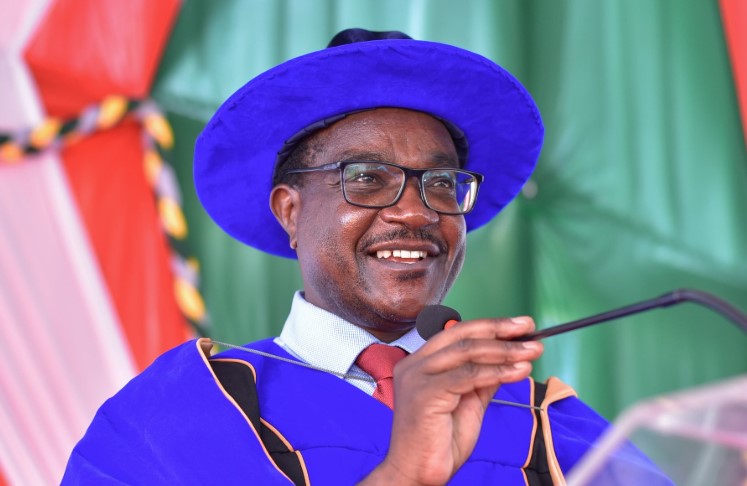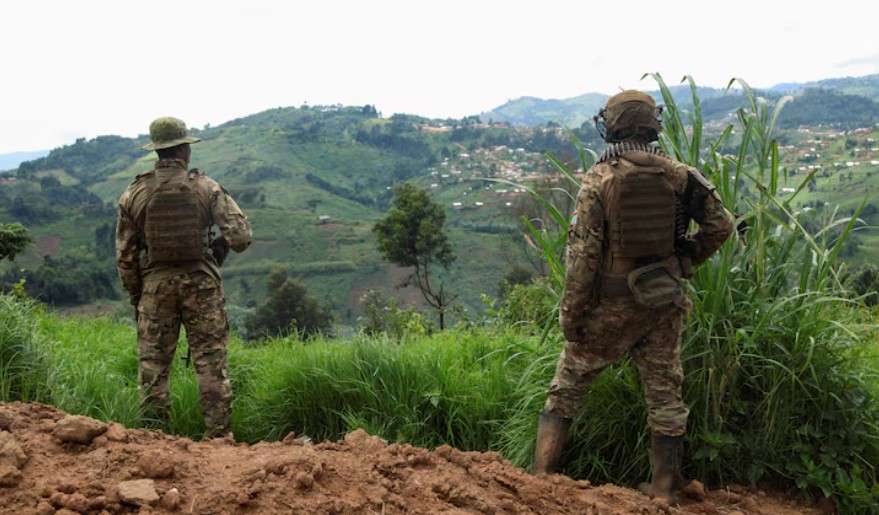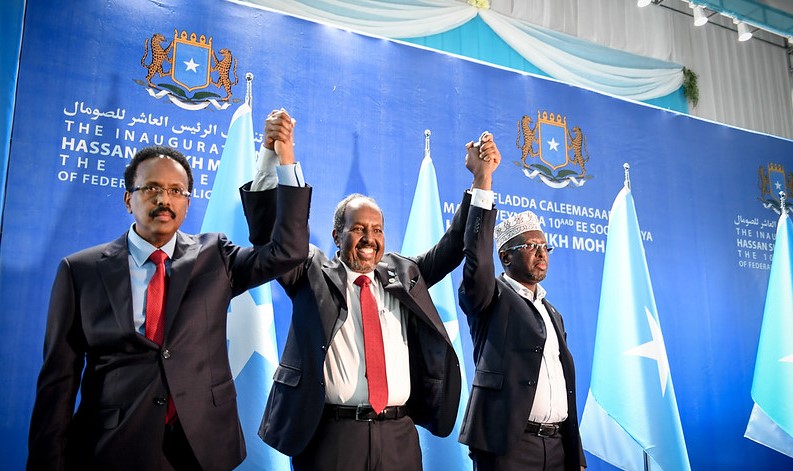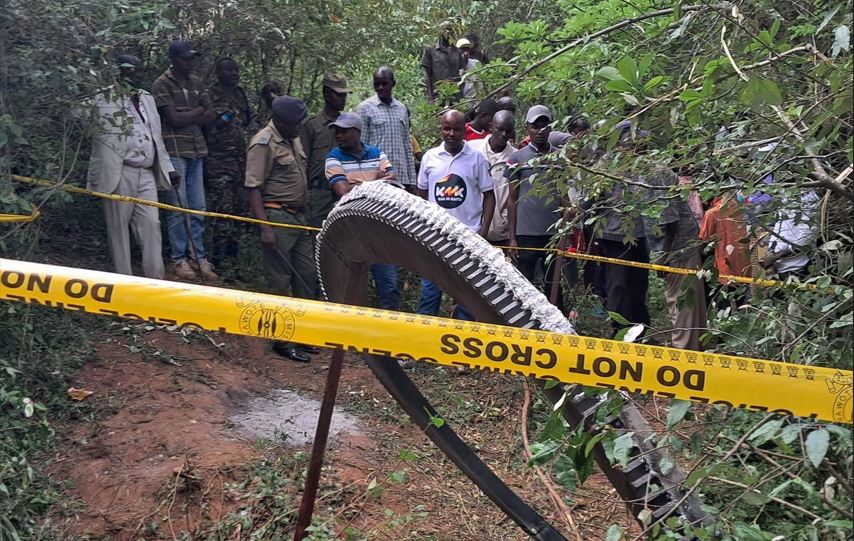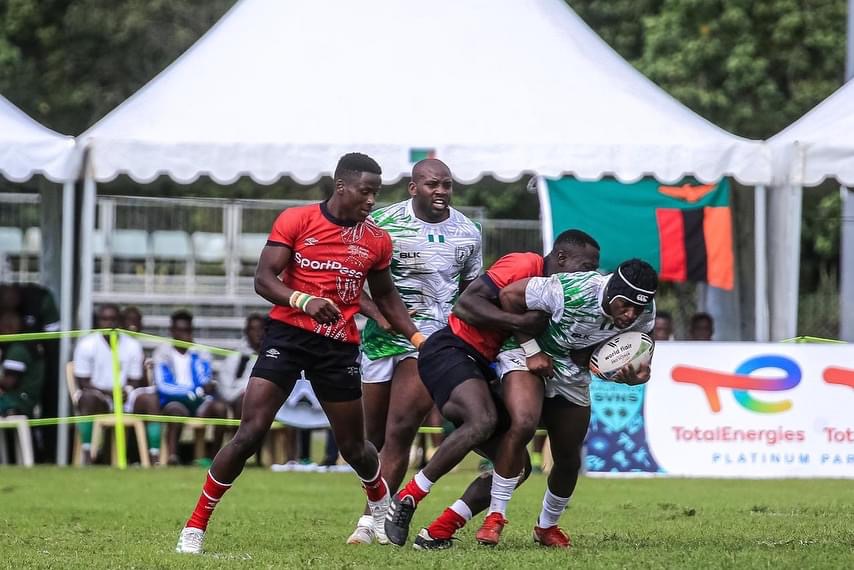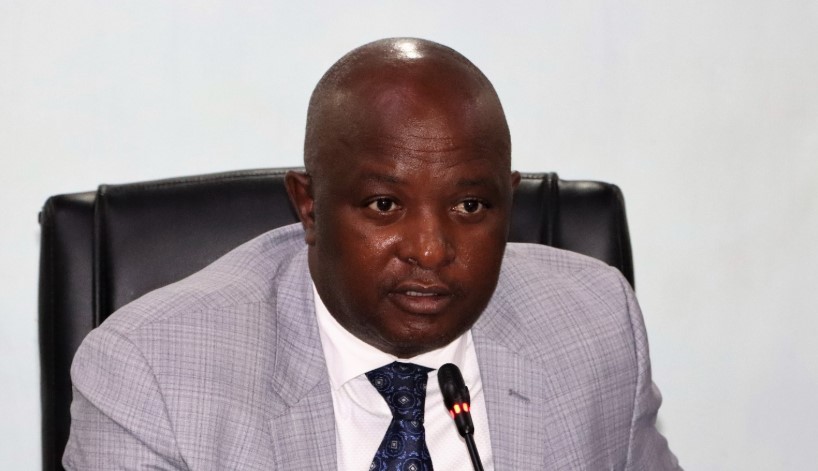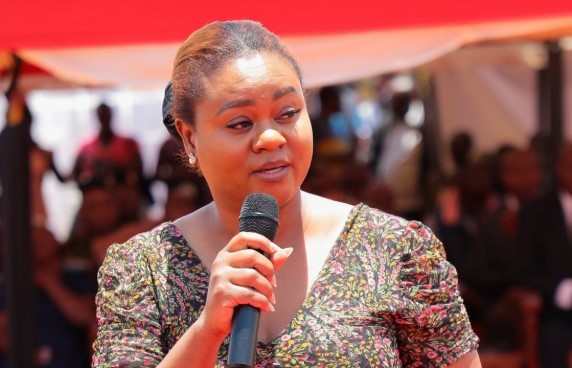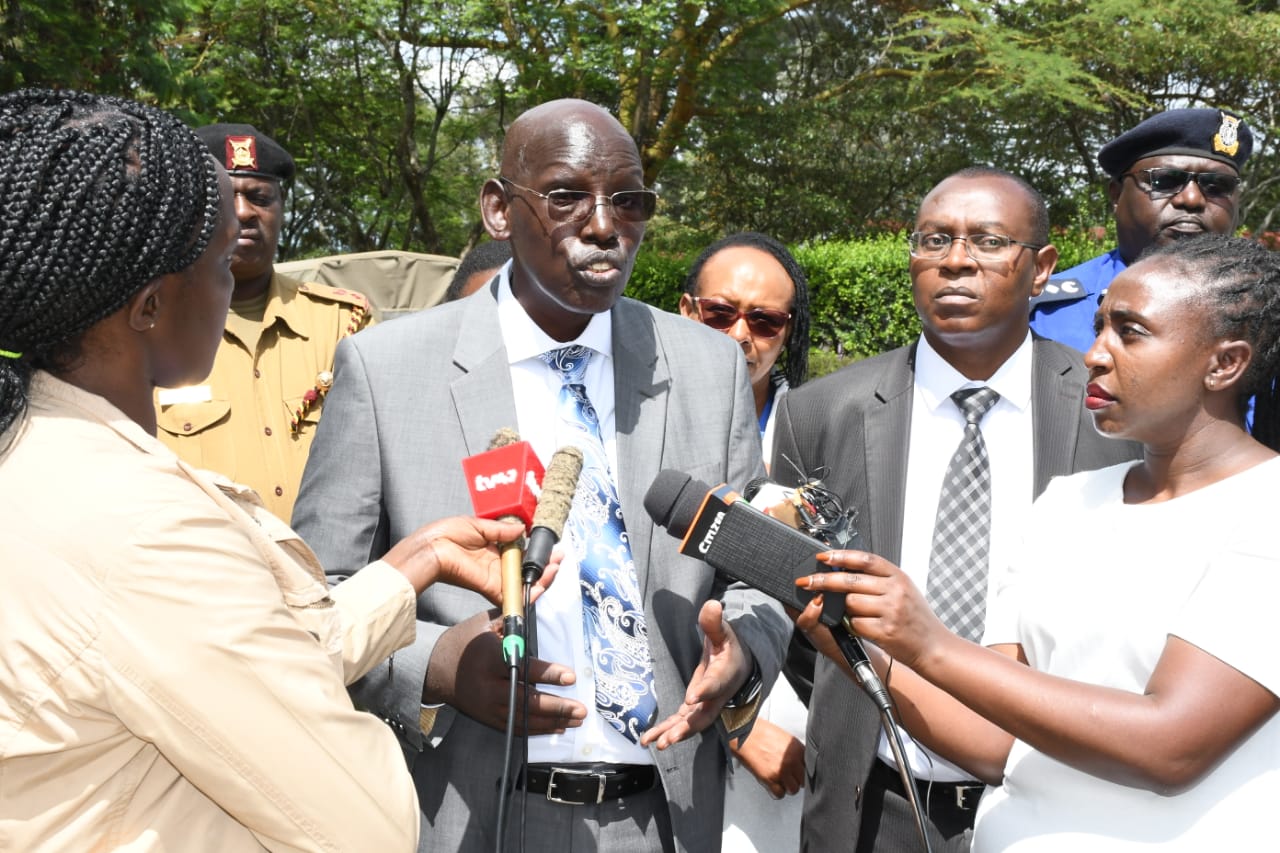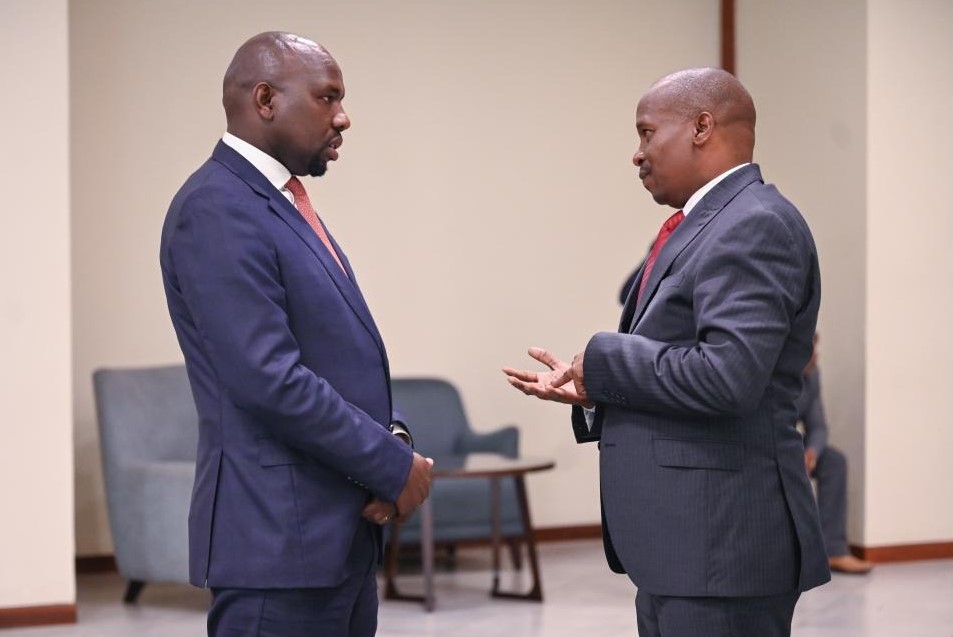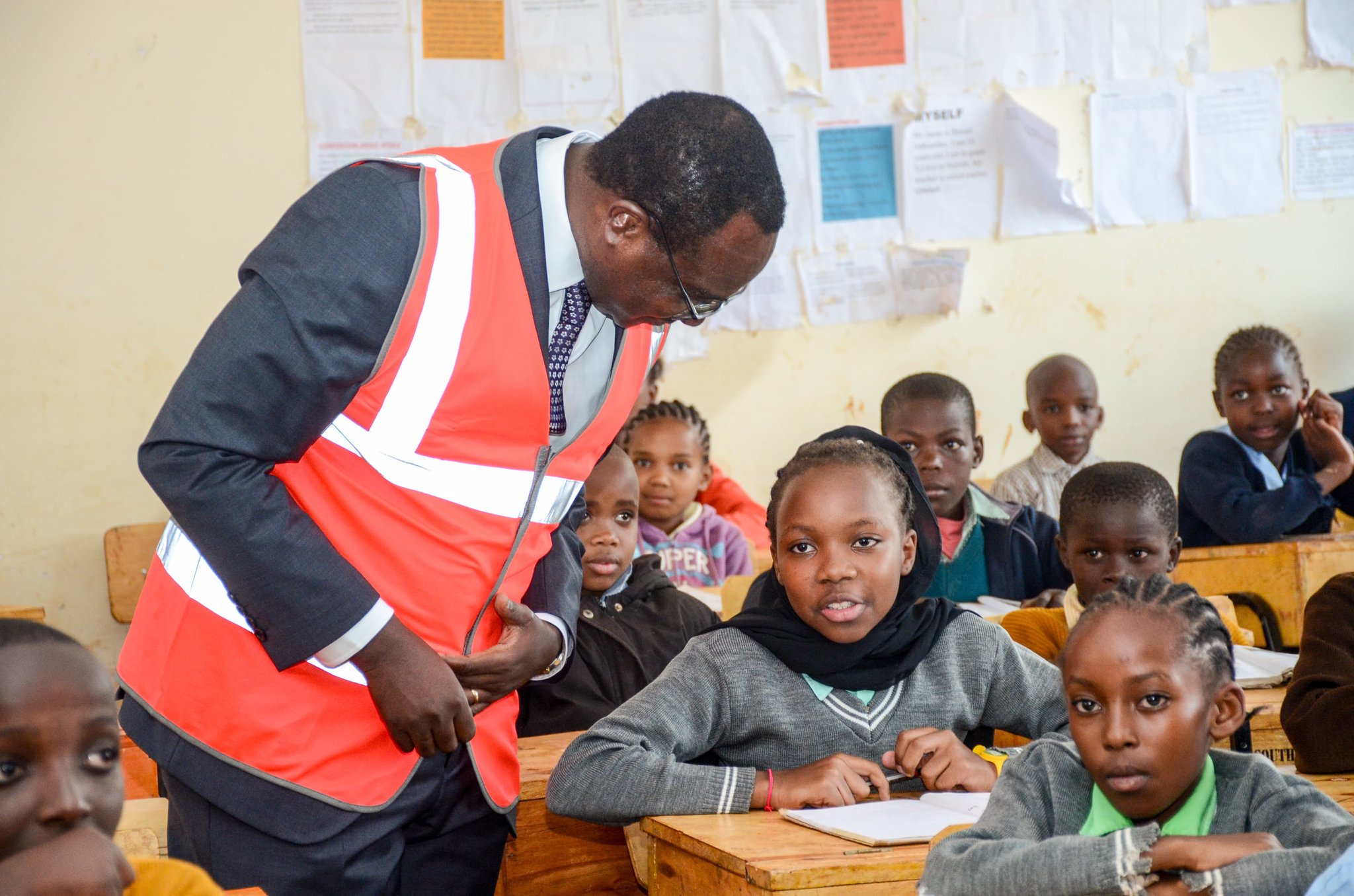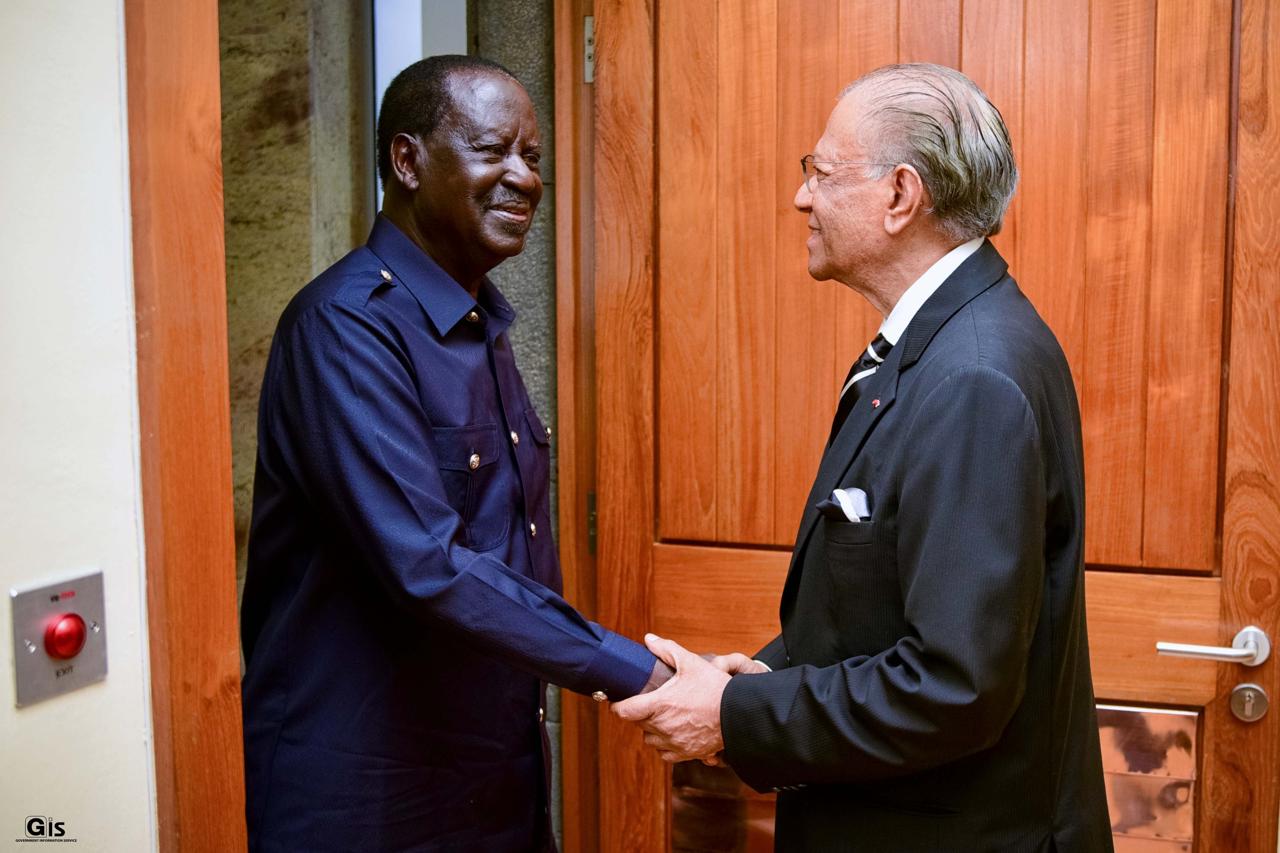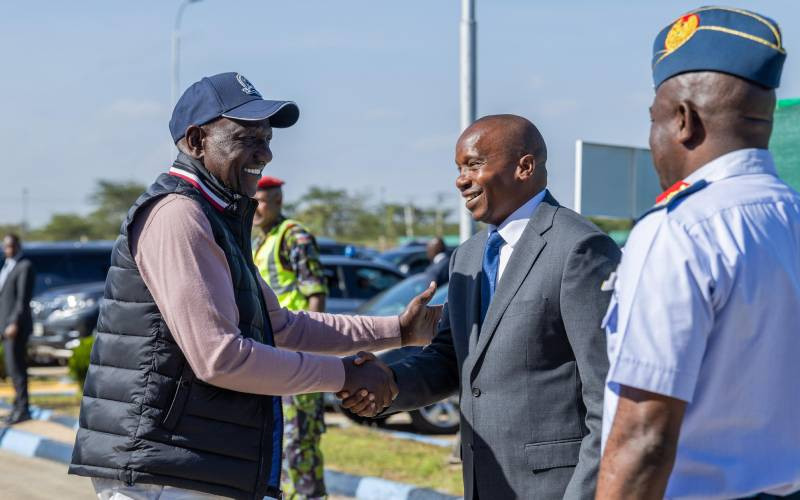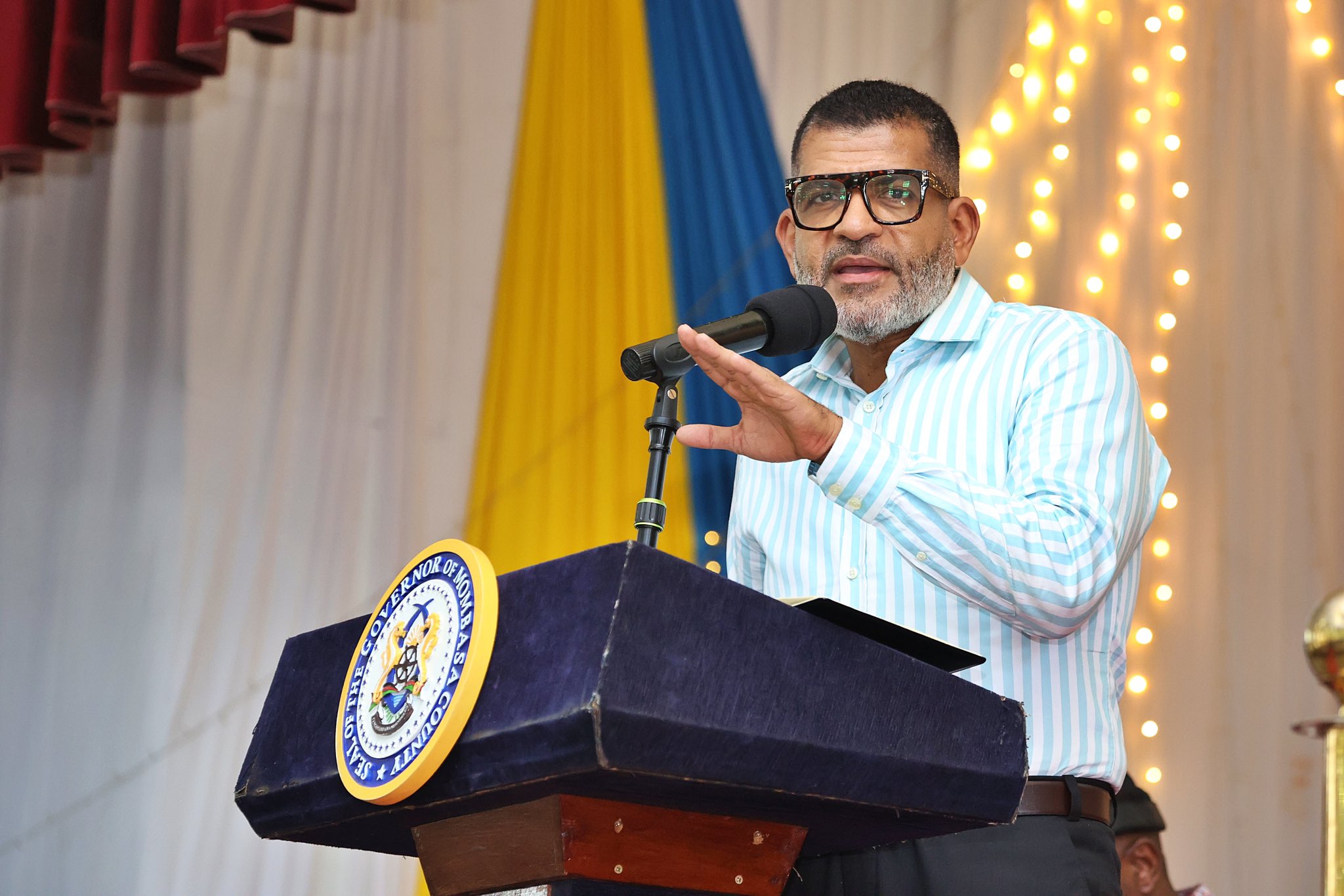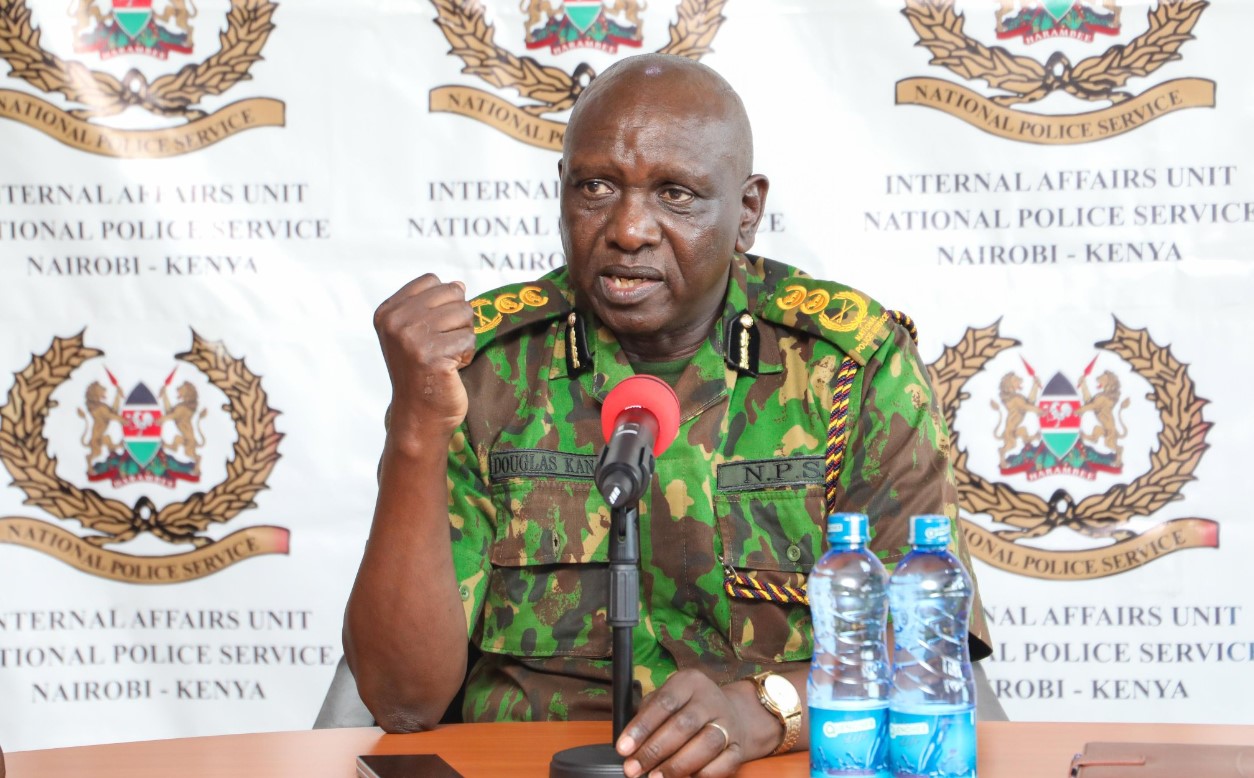HRW calls for end to criminal charges against anti-government protesters
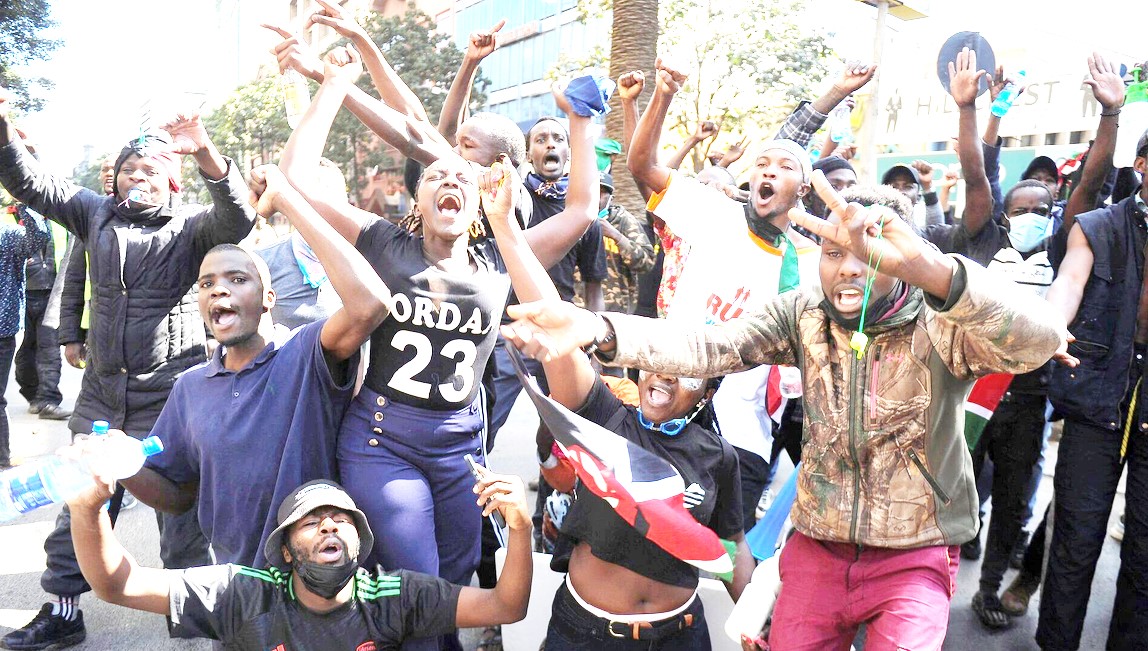
The organisation said witnesses and survivors of the spate of abductions said abductors drove unmarked cars.
Human Rights Watch (HRW) is now calling on the Kenyan authorities to end the months-long crackdown on protesters who took part in anti-government demonstrations mid-this year, terming it criminalisation of the right to protest.
The advocacy and research organisation notes that even after the President withdrew the Finance Bill, 2024 on June 26, the police continued to track and abduct social media activists believed to be protest leaders and protesters whose faces were caught on CCTV cameras at Parliament.
More To Read
Mr Otsieno Namwaya, the associate Africa director at HRW, warned that the ongoing deadly crackdown on protesters further taints Kenya's already dismal human rights record.
"The authorities should end the abductions, publicly denounce rhetoric that attempts to criminalise peaceful protests, and ensure prompt investigation and fair prosecution of security officers credibly implicated in the abuses," he said.
After interviewing 75 witnesses, former abductees and their relatives, parliamentary staff, journalists, human rights activists, and police officers from several Nairobi neighbourhoods, HRW said it confirmed that state agencies were involved in the crackdown that in some instances occurred in the form of abductions and enforced disappearances to intimidate those who participated in the protests that culminated in the breach of Parliament on June 25.
Those interviewed described how, several weeks after the protests, security officers in civilian clothes with their faces concealed "were still hunting down, forcibly disappearing, and killing perceived protest leaders."
Unmarked cars
The organisation said witnesses and survivors of the spate of abductions said abductors drove unmarked cars whose registration plates were repeatedly changed, making it difficult to trace the owners.
"Human Rights Watch research shows that the officers were largely drawn from the Directorate of Criminal Investigations, supported by the Rapid Deployment Unit, military intelligence, Anti-Terrorism Police Unit, and the National Intelligence Service," HRW said.
The abductees said they were seized from their homes, jobs, and on the street, and detained for prolonged periods without being charged, even though Kenyan law requires the arraignment of suspects within 24 hours.
According to the organisation, some of the victims confessed to having been detained in abandoned buildings with blood stains on the floor, where they were beaten and questioned to reveal the persons funding the protests as others revealed even worse claims of torture on their private parts and denial of meals.
The victims confessed to HRW that they were accused of attempting to overthrow the government.
"Kenyan authorities should immediately end these abuses and facilitate investigations into the abductions and killings of protesters by an independent tribunal made up of Kenyans and non-Kenyans, including lawyers, judges, and investigators," HRW urged.
Abductions and killings
In August, the Kenya National Commission on Human Rights (KNCHR) revealed that at least 73 abductions took place within the period and called for accountability over the whereabouts of the victims and those who died in and as a result of the protests.
On September 26, then-Interior Cabinet Secretary Kithure Kindiki told Parliament that at least 1,208 people had been arrested across Kenya during the protests and that 132 were missing, figures that Kenyan human rights groups faulted, claiming that that the numbers were much higher.
The organisation said it has obtained evidence suggesting that police unlawfully killed people during the protests, including bystanders.
"The authorities violated international standards on policing protests by appearing to intentionally use lethal force where it was not strictly necessary to prevent an imminent threat to life, including police officers who shot directly into crowds and abducted peaceful protesters, several of whom turned up dead," it said.
HRW is now calling on Parliament to adopt laws that enable KNCHR and the police investigations agencies (IPOA and the Internal Affairs Unit) to establish a tribunal consisting of Kenyan and non-Kenyan investigators, prosecutors, and judges to prosecute protest-related crimes with the support of the United Nations and the African Union.
It has also recommended that the multi-agency unit responsible for abductions and arbitrary arrests be disbanded and all its officers including commanders be suspended to allow an independent probe into the matter.
